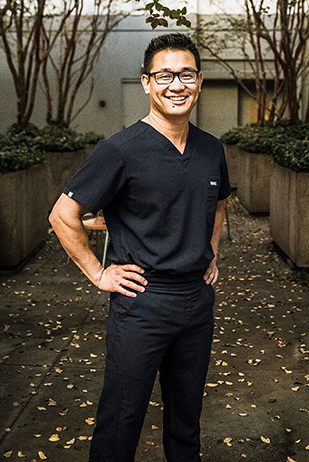Heavy drinking is defined as 15 or more drinks a week for men and eight or more drinks a week for women. (Credit: iStock)
Earlier this summer, the Centers for Disease Control and Prevention released a stunning finding that made front-page news: One in 10 deaths among working-age adults is related to alcohol.
While the report covered only people ages 20-64, adults 65 and older are not immune from the consequences of alcohol abuse. An earlier government study indicated that more than 10 percent of adults 65 and older were binge drinkers or heavy drinkers. Heavy drinking is defined as 15 or more drinks a week for men and eight or more drinks a week for women. One drink is the equivalent of 1.5 ounces of liquor, 12 ounces of beer or 5 ounces of wine. Because many older adults are retired and living alone, their heavy drinking often goes undetected.
“If they are living by themselves, there is a higher risk of complications and death than when they are with family and there’s someone there to check on them,” says Dr. Akikur Mohammad, chief executive of Inspire Malibu, a California-based drug and alcohol treatment center. Mohammad is also professor of addiction medicine at USC’s Keck School of Medicine.
In fact, the number of deaths caused by alcohol among older adults is understated, Mohammad says. He points to a typical case of a man who died after getting drunk at home and falling and hitting his head. “The postmortem report showed that he died from a brain hemorrhage,” Mohammad says. “But the cause was not a brain hemorrhage, it was alcoholism.”
In addition to alcohol dependency, some older adults become addicted to painkillers, tranquilizers or sleeping medications. Most have no history of drug abuse. “They’ve never been in contact with those drugs,” Mohammad says. “But as they get older, they have knee surgery, or any other surgery, so they get introduced to opiates.”
While the typical patient seeking help for alcohol abuse at Mohammad’s center is male, the majority of those seeking help for prescription drug abuse are women. The U.S. Administration on Aging says that as many as 11 percent of women 60 and older misuse prescription medications.
Still, it’s never too late to get help. Mohammad says one 70-year-old man came to the doctor’s treatment center after 48 years of heavy drinking. When Mohammad asked him why he finally sought help, the patient said, “I want to live a little bit longer.”
The National Council on Alcoholism and Drug Dependence offers advice for seniors struggling with substance abuse at nwsdy.li/seniordrinking and nwsdy.li/seniordrugs.


